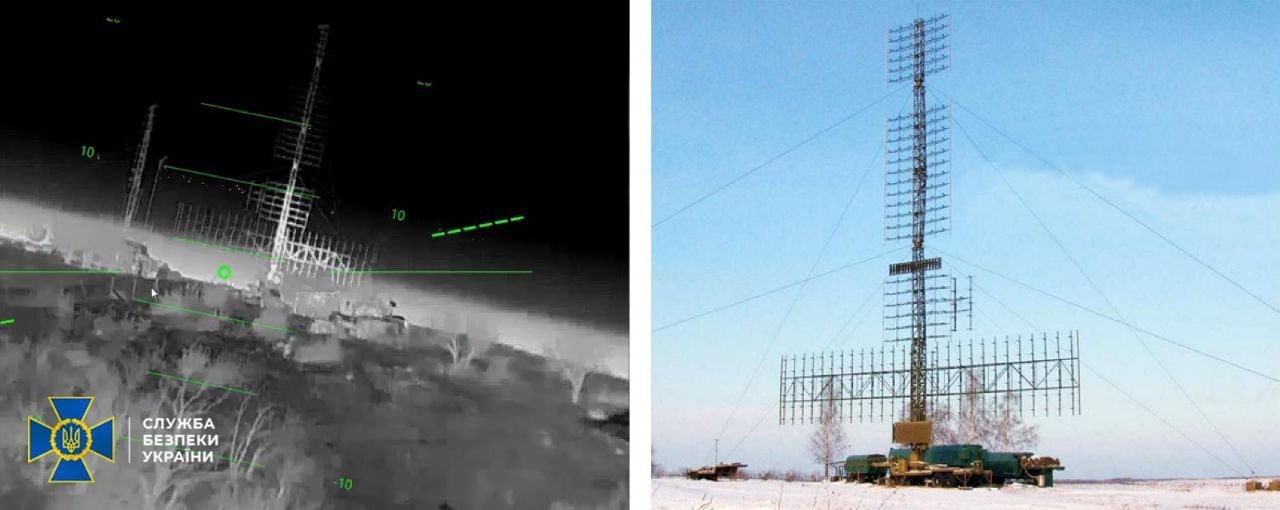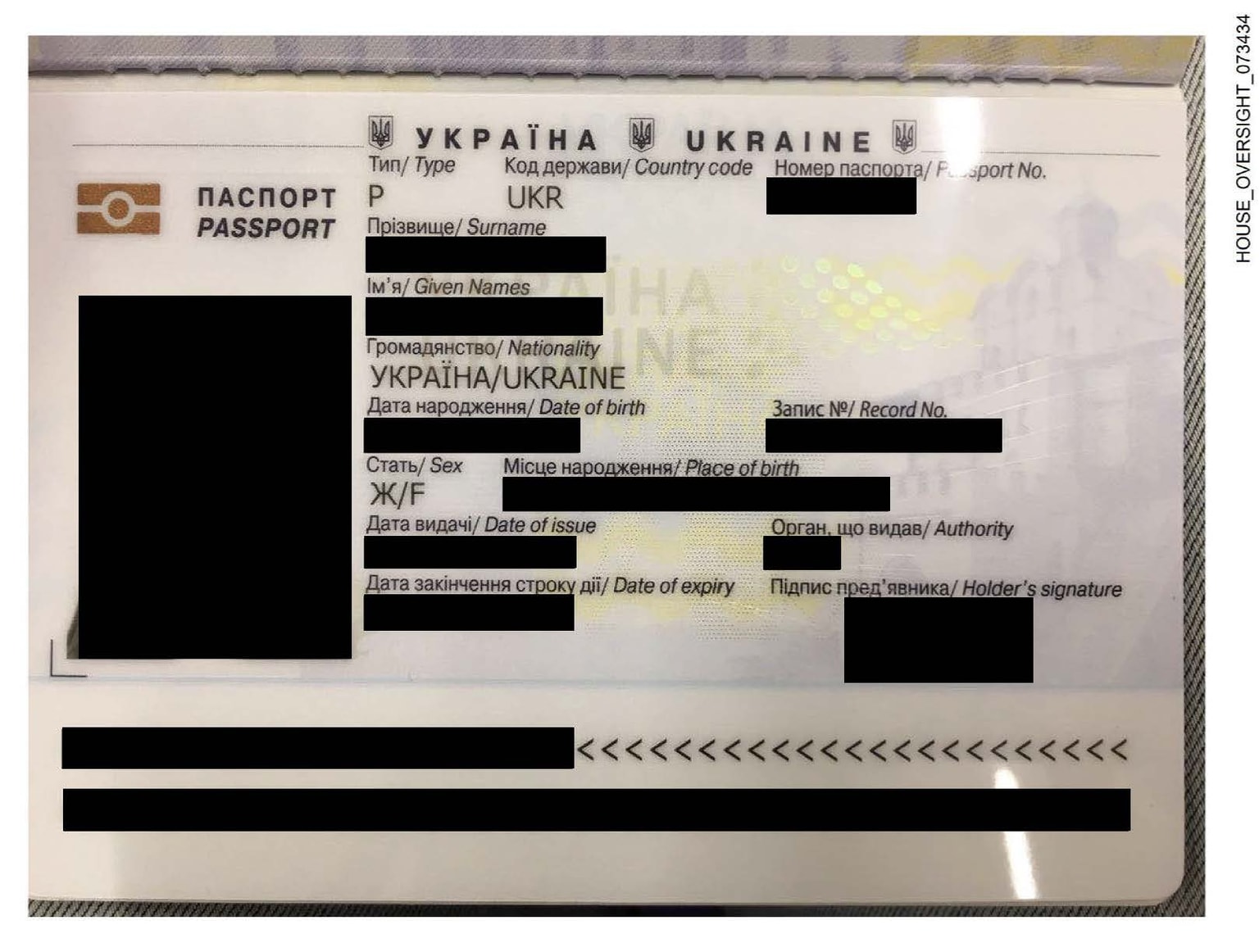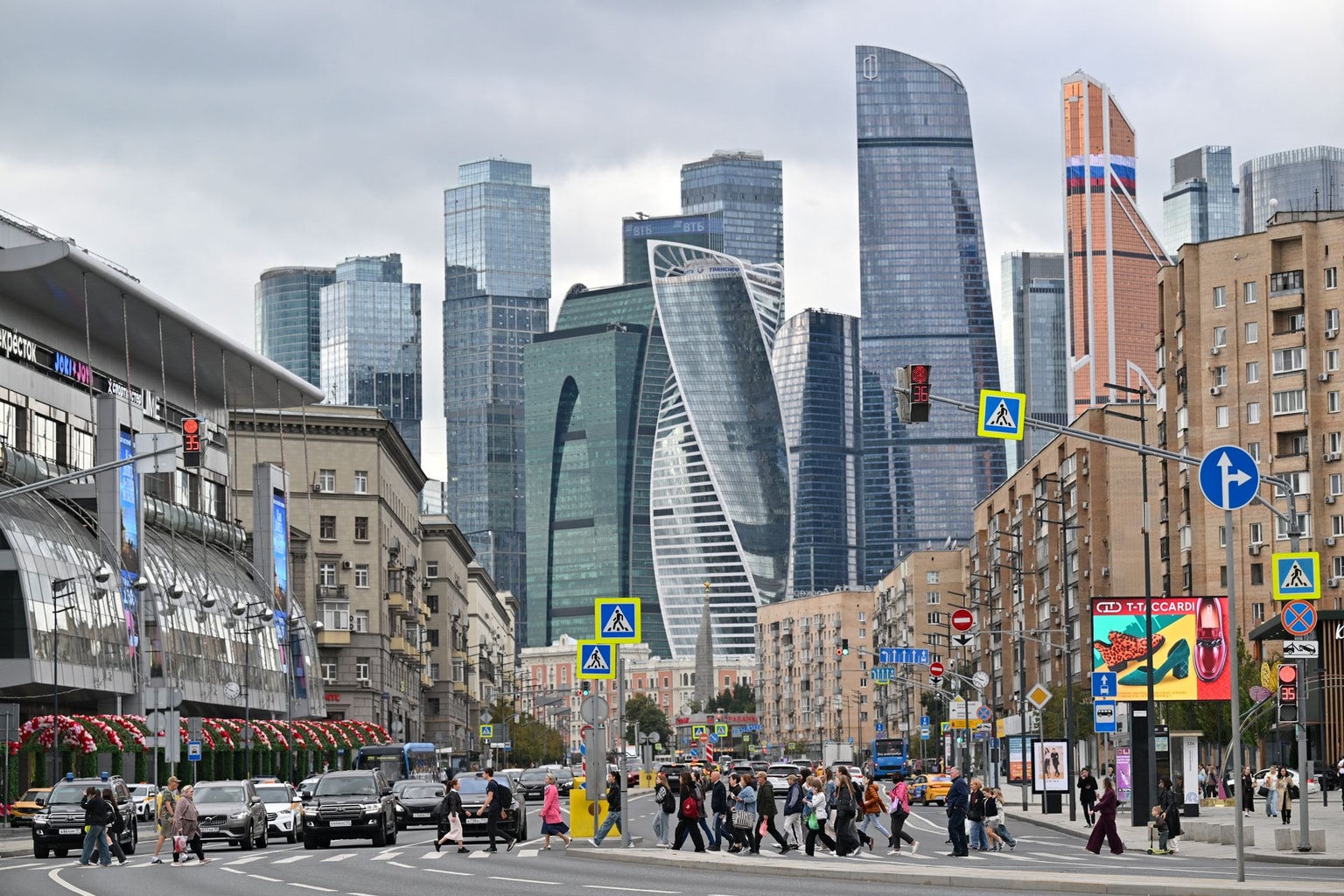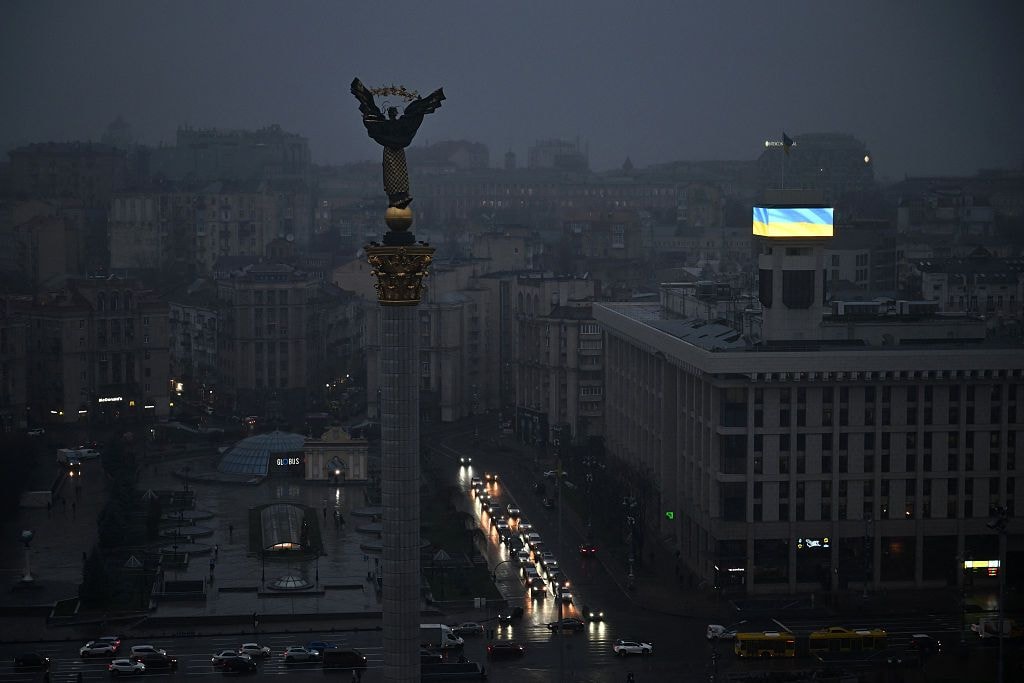Ukraine war latest: IAEA team finally arrives at Zaporizhzhia nuclear plant, intense battles continue across front line
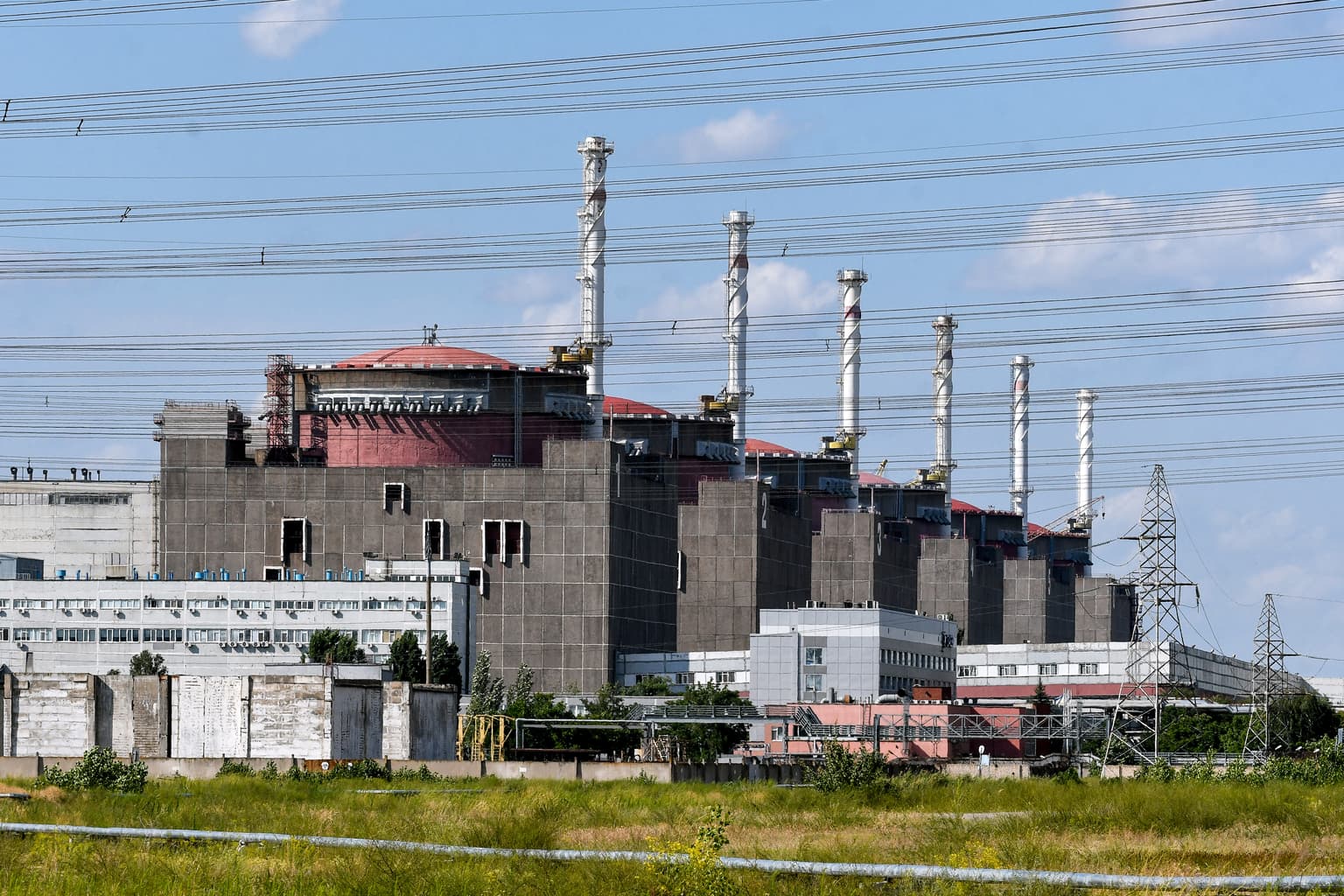
Despite obstruction from Moscow, the UN-led International Atomic Energy Agency (IAEA) mission finally reached the Russian-occupied Zaporizhzhia Nuclear Power Plant on Sept. 1.
As the IAEA team of 14 experts headed through the battlefield to Europe’s largest nuclear plant, Russian forces began shelling the occupied city of Enerhodar and the pre-agreed route of the mission to the plant, Ukrainian authorities reported.
Later in the morning, one of the two operational reactors shut off due to Russian attacks near the plant and turned on the emergency protection, Ukraine's state nuclear company Energoatom reported.
While the mission’s road through occupied territories of Zaporizhzhia Oblast was far from safe, their arrival is seen as a sign of hope amid Russia’s ongoing nuclear blackmail.
Energoatom Chief Petro Kotin told Reuters the IAEA visit to the Russian-held Zaporizhzhia plant will only be successful if it leads to the “demilitarization” of the facility.
In a bid to prevent a disaster, Ukraine and its international partners have long called for the immediate implementation of a safety buffer around the plant.
IAEA Chief Rafael Mariano Grossi also said that he plans to establish a permanent presence at the plant, which Russia supposedly agreed to yet the time frame of the new mission is still unclear.
The Kremlin has rejected the demilitarization calls, citing safety concerns due to what it claimed was Ukrainian shelling of the facility.
Russian state-sponsored media outlets have spread unbacked claims that 60 Ukrainian commandos landed near the plant and attacked the facility. No proof of these claims was ever presented.
Further south, Ukrainian forces continued their offensive aimed at retaking Kherson Oblast captured by Russia in March.
Kyiv continues to focus on disrupting Mosocw’s logistics throughout the region.
Alleged reports of Ukraine recapturing some Kherson Oblast settlements backed with images have appeared without confirmation from the military. Russia had already claimed that Ukraine’s counteroffensive efforts had failed on Aug. 29.
Meanwhile, almost 4 million children resumed education after school abruptly shut its doors in February. According to Education Minister Serhiy Shkarlet, 864,000 children will attend schools offline.
Deputy Defense Minister Hanna Malyar said that at least 270 schools were destroyed.
Delayed arrival of IAEA inspectors
Amid constant shelling, the IAEA team arrived at the Zaporizhzhia plant where its experts will inspect the occupied and damaged facility.
The Head of the International Committee of the Red Cross Robert Mardini warned that “the slightest miscalculation could trigger devastation that we will regret for decades.”
But even upon the team’s arrival, Ukraine is skeptical that the experts will find the needed evidence to prove Russia’s alleged abuses of Ukrainian personnel at the site or whether its forces had been shelling the plant.
Energy Minister Herman Halushchenko said that Russian forces may prevent the mission from accessing the key sites at the plant that need to be inspected.
Halushchenko said that Ukraine had shared a list of sites at the occupied plant that require inspection, which he said was similar to the list that the IAEA had prepared in advance.
“We understand that there may be manipulations (from Moscow’s side),” the minister said, adding that Russians could show some pictures or guide the inspectors through a path that hides the truth.
The nuclear watchdog’s chief Grossi, after wrapping up his first visit to the facility, said that there is still a lot to be done at the plant and his team will remain there.
“IAEA is here to stay,” Grossi said.
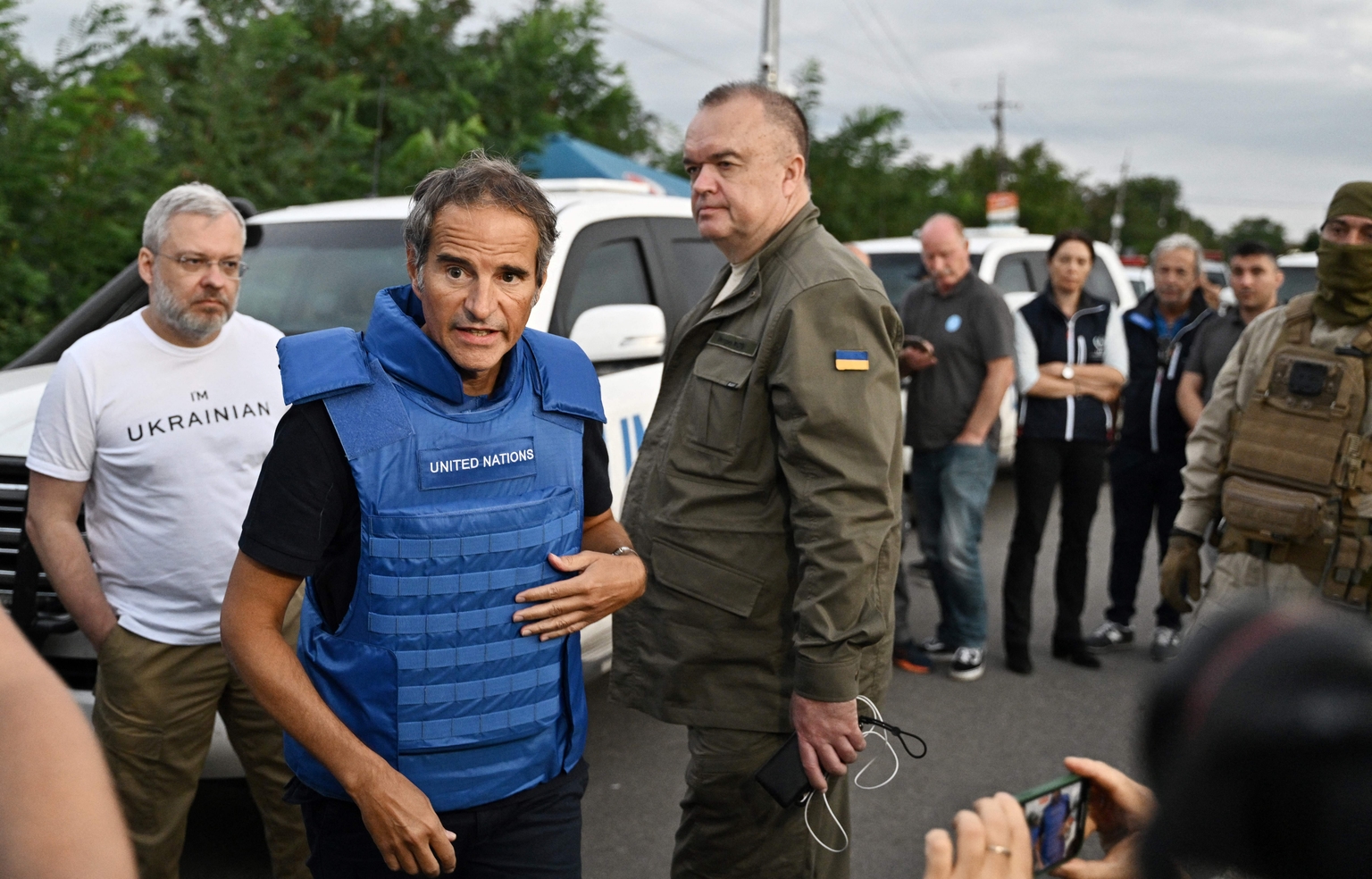
Counteroffensive
Further south in Kherson Oblast, intense battles continued as Ukrainian forces tried to improve their positions, Ukraine's Southern Operational Command reported on Sept. 1.
According to the report, Ukraine is focused on making it hard for the Russian military to replenish ammunition on time and increase the number of troops in the region.
Ukraine’s military reported that it had killed an estimated 200 Russian soldiers and also destroyed six ammunition depots as part of its counteroffensive efforts.
While experts have warned against building early hopes of the counteroffensive which is expected to be difficult, Ukrainian forces work on weakening parts of Russia’s logistics that they have identified as vulnerable.
The Institute for the Study of War said that this strategy is to retake Ukrainian cities and towns without destroying them in the process, but such operations will likely take “weeks and possibly months.”
Ukraine has repeatedly asked to avoid any reporting or forecasting on the southern counteroffensive, which ISW says could be a measure that is essential if the campaign includes feints or misdirections.
Meanwhile, the war continues to rage in the Donbas with the Ukrainian military saying it had repelled Russian attacks near Sloviansk, Bakhmut, Avdiivka, and Novopavlivka.
Heavy shelling
Russia continued to shell Ukraine’s east, killing five people and wounding 12 in Donetsk Oblast, Governor Pavlo Kyrylenko reported.
Russian forces had also fired at least five rockets overnight on Kharkiv Oblast, Oleh Synehubov said early on Sept. 1.
The official also said that the city of Balakliia, near occupied Izium, was heavily shelled. According to the report, a 50-year-old man was killed and four others were wounded, including a 13-year-old boy.
In southern Mykolaiv Oblast, Russia attacked civilian infrastructure including dozens of residential buildings, agricultural facilities, and a school, Governor Vitaliy Kim reported.



